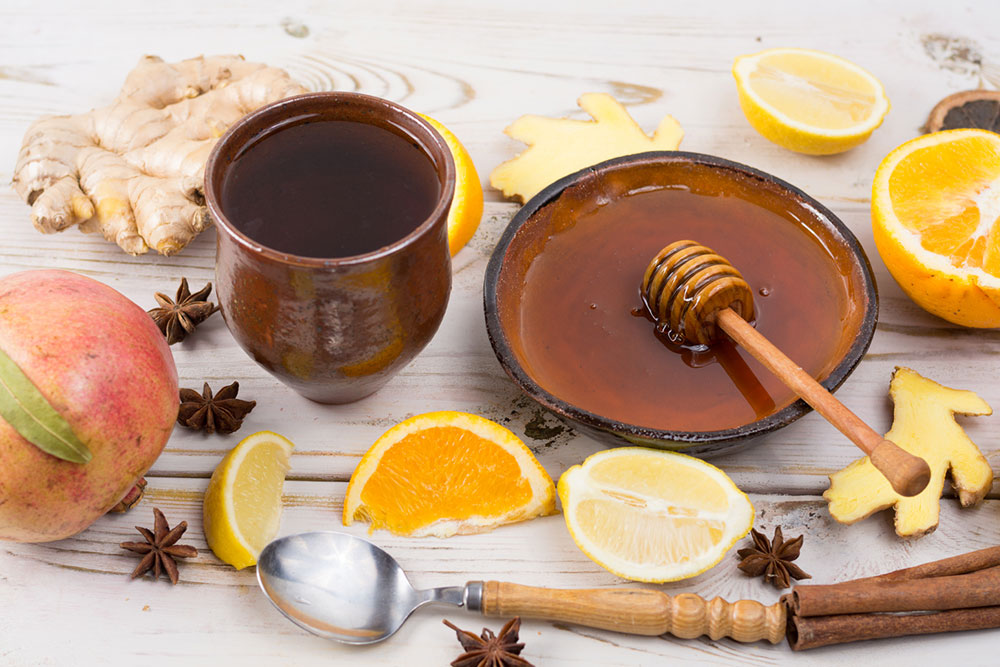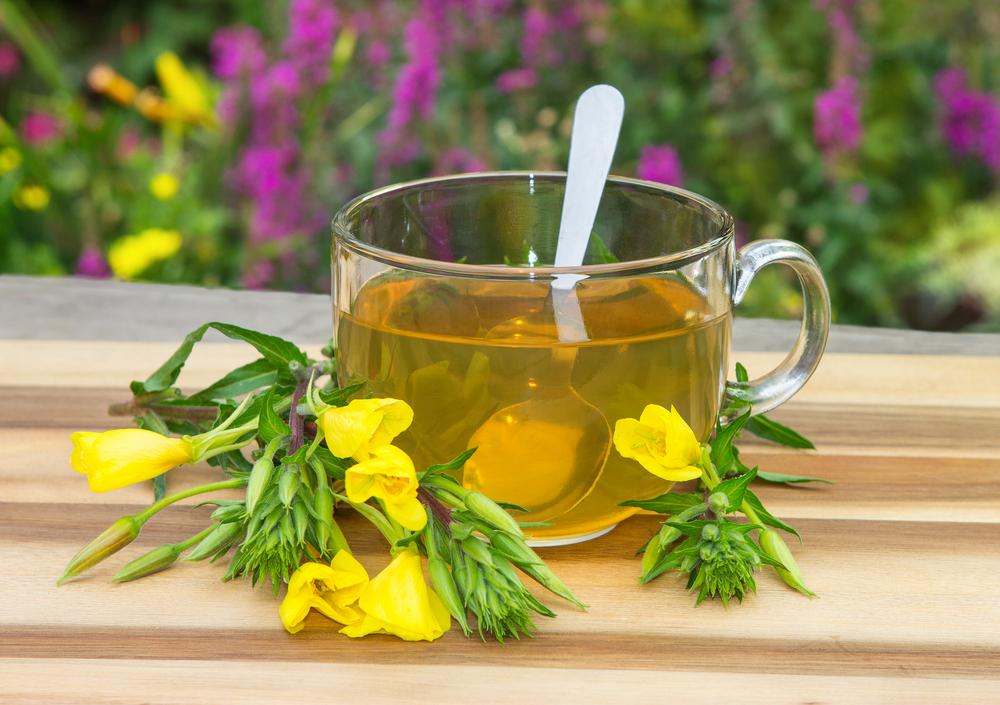Effective Natural Home Remedies to Relieve Post-Nasal Discomfort
Discover comprehensive natural remedies for relieving post-nasal drip, including saltwater gargles, steam inhalation, nasal rinsing, and herbal solutions like garlic and ginger. Effective and easy to implement, these home treatments can reduce mucus, soothe sore throats, and improve breathing. Ideal for those seeking chemical-free relief, these methods support overall respiratory health and can prevent persistent discomfort when used consistently. Consult a healthcare provider if symptoms last beyond a week or worsen, ensuring effective management of underlying conditions for lasting relief.

Comprehensive Guide to Natural Solutions for Post-Nasal Drip Relief
Post-nasal drip, characterized by excess mucus dripping down the back of the throat, is a common health issue that can cause a range of uncomfortable symptoms such as sore throat, cough, congestion, fatigue, and difficulty swallowing. This condition results from the overproduction of mucus from nasal passages, which can be triggered by various factors including allergies, colds, environmental irritants, dry air, spicy foods, and hormonal fluctuations. Fortunately, many effective natural remedies exist that can help alleviate these symptoms and promote respiratory comfort, often using ingredients readily available in your kitchen.
Understanding the underlying causes of post-nasal drip is essential in managing symptoms effectively. Besides medical treatments, incorporating natural home remedies can provide relief while supporting overall respiratory health. Here, we delve into some of the most proven natural practices, highlighting their benefits and proper application to help you breathe easier and reduce throat irritation.
Saltwater Gargle: A Simple Yet Powerful Remedy
One of the oldest and most effective remedies for throat discomfort and mucus reduction is gargling with salt water. This practice helps thin mucus, reduce inflammation, and flush out nasal irritants, offering immediate relief from post-nasal drip symptoms.
Prepare a saltwater solution by dissolving ½ teaspoon of high-quality sea salt in a cup of warm, clean water.
Stir thoroughly until the salt is fully dissolved, ensuring no undissolved particles remain.
Take a sip and tilt your head back slightly, gargling for about 30 seconds to a minute.
Repeat this process multiple times during the day, especially after eating or upon waking up, for optimal results.
Using this remedy consistently over several days can help soothe irritated throat tissues and regulate mucus buildup.
Steam Inhalation: Moisturize and Clear Airways
Inhaling steam is a natural way to hydrate dry nasal passages and loosen thick mucus, making it easier to expel and reducing the pressure on your sinuses. Adding essential oils like eucalyptus or peppermint can further enhance the decongestant effects.
Boil a pot of water, then carefully pour it into a large, heatproof bowl.
Add a few drops of your preferred essential oil, such as eucalyptus, peppermint, or tea tree, to the hot water.
Place your face over the bowl at a safe distance, and cover your head with a towel to trap the steam.
Inhale deeply through your nose for about 10 minutes, taking slow, steady breaths.
Repeat this process 2-3 times daily for maximum relief.
Warm showers are also beneficial for loosening mucus but should be avoided for very young children due to safety concerns.
Nasal Rinsing for Complete Sinus Hygiene
Nasal irrigation, often done with a neti pot, is an effective method to flush out excess mucus and environmental irritants from the nasal passages, thereby reducing post-nasal drip symptoms significantly.
Prepare a saline solution by mixing ¼ teaspoon of salt with a pinch of baking soda in 240 ml of warm, distilled, or previously boiled water.
Pour this solution into a sterile neti pot.
Lean over a sink, tilt your head to one side, and gently pour the solution into one nostril.
Allow the solution to drain out of the other nostril, then blow your nose gently to clear residual mucus.
Repeat on the other side, and perform this process once daily or as recommended by your healthcare provider.
This natural rinse helps clear stubborn mucus and prevents bacterial buildup within nasal passages.
Harnessing the Power of Garlic and Ginger
Natural antibacterial and anti-inflammatory properties of garlic and ginger make them excellent allies in combating infections and reducing mucus production associated with post-nasal drip.
Garlic: Nature’s Antibiotic
Roast 3-4 fresh garlic cloves in a teaspoon of ghee or olive oil, then consume the mixture with warm milk twice daily to soothe your throat and combat infection.
Alternatively, chew 1-2 raw garlic cloves several times throughout the day for immediate antimicrobial effects.
Consult your healthcare provider before using garlic supplements, especially if you’re on medications or have underlying health issues.
Ginger: An Expectorant and Anti-inflammatory
Prepare ginger tea by boiling fresh sliced ginger in water for 10-15 minutes, then sweeten with honey for added soothing benefits.
Add freshly grated ginger to your meals to enjoy its anti-inflammatory effects regularly.
Chew raw ginger slices during the day for quick relief and mucus thinning.
Peppercorns and Cayenne for Natural Decongestion
Cayenne pepper contains capsaicin, which acts as a natural decongestant and provides a soothing effect on sore throats by desensitizing nerve endings.
Mix half a teaspoon of honey with a pinch of cayenne pepper and take it twice daily.
Dissolve half a teaspoon of cayenne pepper in warm water and sip slowly to ease congestion.
Incorporate cayenne pepper into your cooking to naturally increase your spice intake and leverage its benefits.
While these natural remedies offer significant relief, persistent symptoms lasting beyond a week warrant consultation with a healthcare professional to rule out underlying conditions such as sinus infections or allergies that may require targeted treatment.
Adopting these natural solutions, combined with good hydration, a balanced diet, and proper rest, can significantly improve your comfort and respiratory health when dealing with post-nasal drip.





